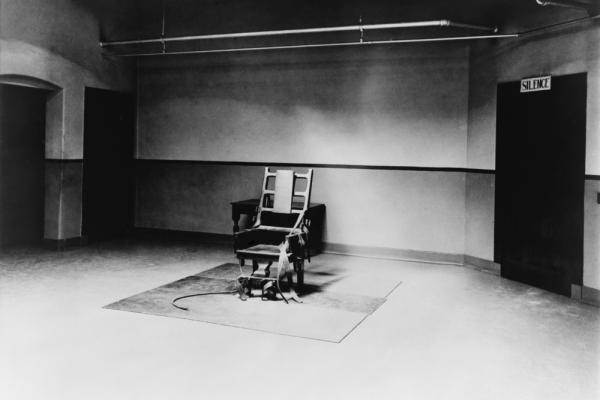THE NATIONAL LATINO Evangelical Coalition announced in March that it would no longer support the death penalty, making it the first U.S. evangelical association to take this stand. Coalition president Gabriel Salguero announced the change at a press conference in Orlando, Fla., and urged NaLEC’s 3,000 member congregations to work toward ending capital punishment nationwide.
“As Christ-followers, we are called to work toward justice for all. And as Latinos, we know too well that justice is not always even-handed,” said Salguero.
Read the Full Article

Already a subscriber? Login
